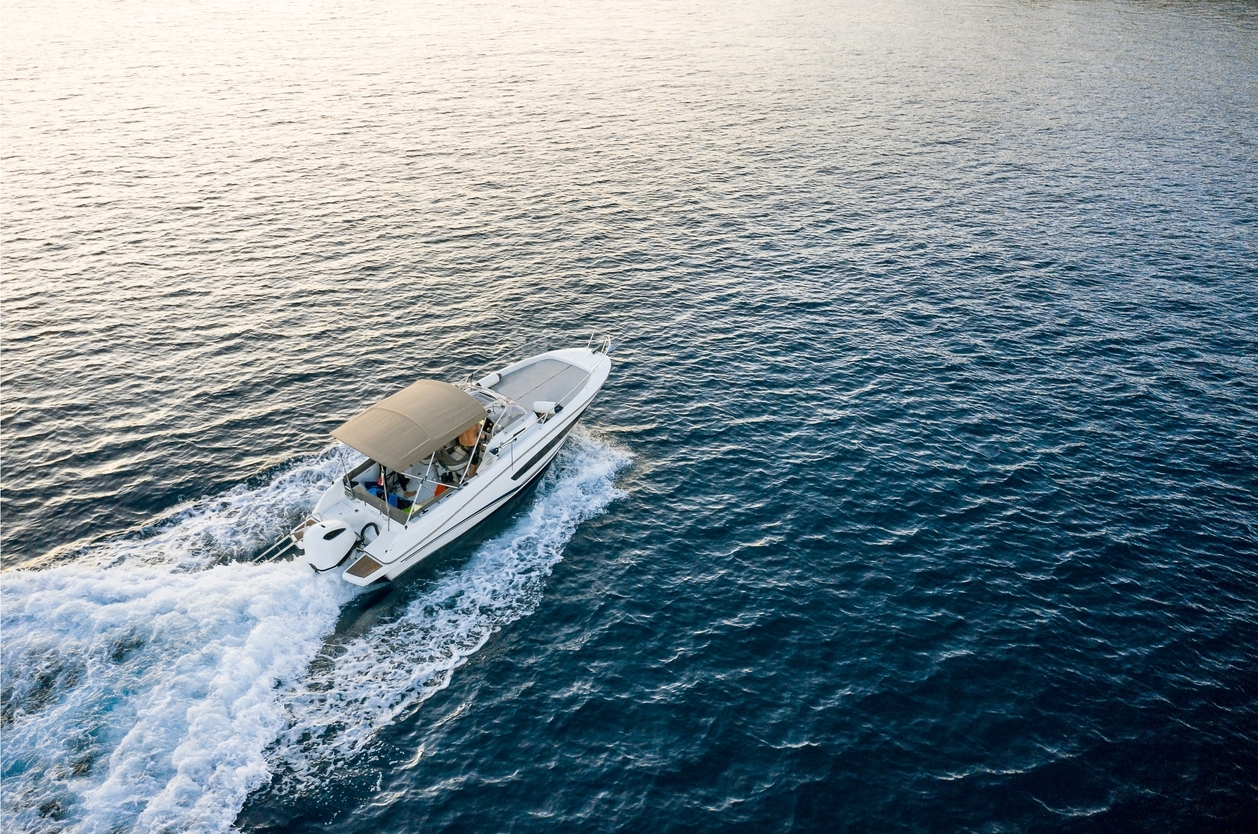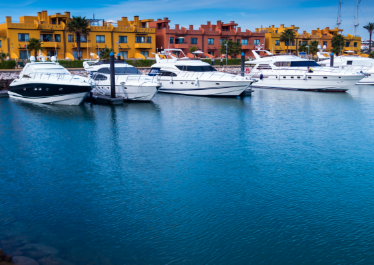European Recreational Craft Directive Revision: where do we stand?

The European marine industry is at a crossroads. With the possible revision of the EU Recreational Craft Directive 2013/53/EU, the aim is to harmonise safety and environmental standards for recreational craft across the European Union. It is now being scrutinised to determine whether adjustments are needed to meet current industry and ecological challenges. What is the nature of this directive? What role does it play in ensuring safe shipping with minimal environmental impact? How are industry associations mobilising to ensure that future regulations are viable for manufacturers while meeting ecological imperatives? In a nutshell.
Directive 2013/53/EU: the European standard for recreational craft
Since 2016, European Directive 2013/53/EU has regulated recreational craft between 2.5 and 24 metres in length in the European Union to ensure their safety and minimise environmental impact. It imposes strict standards for boats' design, construction, and equipment, guaranteeing their safety and stability in various weather conditions. It also contributes to environmental protection by limiting engine and evaporative emissions from fuel systems. The directive classifies boats from A to D, providing a clear framework for consumers to choose a boat suited to their needs.
To market a boat within the EU, CE marking is compulsory, attesting to compliance with the directive's requirements, which are sometimes verified by external bodies. Continuous market surveillance ensures that boats comply with the standards throughout their life. The directive is dynamic, with a review clause for regular adaptation to technological developments and new information, ensuring that the regulations remain relevant and workable for a crucial marine industry to the EU economy.
Potential changes in 2024
In the run-up to 2024, significant revisions are envisaged for this directive, known as the "Recreational Craft Directive", spurred on by technological advances and heightened environmental awareness. Current discussions focus on tightening ecological standards, particularly exhaust and evaporative emissions, to incorporate more stringent requirements. The aim is to reduce the ecological footprint of recreational craft, bringing the marine industry into line with the EU's ecological ambitions, notably the reduction of greenhouse gases and atmospheric pollutants. This encourages manufacturers to innovate through cleaner engines, the adoption of alternative materials and fuels, and the design of systems that reduce leaks and emissions.
At the same time, the directive could revise boat design categories to reflect new seaworthiness standards, potentially affecting current boat classification and design. Ongoing dialogue between manufacturers, industry associations and legislators aims to ensure the new regulations' effectiveness and feasibility. The consultation phase is crucial to ensure that technical innovations support the marine industry while remaining economically viable and technically advanced, balancing environmental needs with economic imperatives.
Mobilisation of FIN and EBI
Industry associations are playing a very active role in revising the Directive. The French Nautical Industries Federation (FIN) and the European Boating Industry (EBI) represent the interests of manufacturers and other players in the marine sector.
FIN and EBI are particularly vigilant about the emissions thresholds and design standards proposed, ensuring that they are both environmentally ambitious and realistic regarding the industry's current technical capabilities. They endeavour to avoid imposing overly strict limits that could prove
unattainable for manufacturers, leading to negative economic consequences without delivering significant environmental benefits.
These organisations work to prepare solid arguments and gather data to support their positions. They regularly exchange with the European Commission to ensure their members' voices are heard and considered. FIN and EBI mediate between industry and policymakers, helping balance economic and environmental interests. The aim? To reach a consensus that will ensure environmental sustainability without compromising the viability of the European marine industry.
Towards compromise in 2024?
Ongoing discussions around the review scheduled for 2024 show a desire to align the marine industry with the EU's broader environmental objectives while preserving competitiveness and innovation. Key associations, such as FIN and EBI, are engaged in dialogue with European institutions to shape ambitious and achievable regulations, thus avoiding imposing insurmountable constraints on manufacturers.


